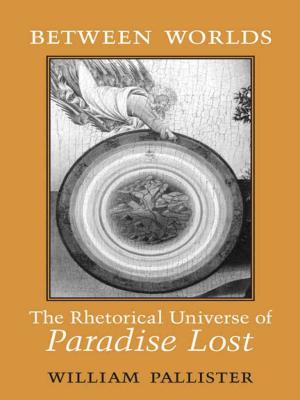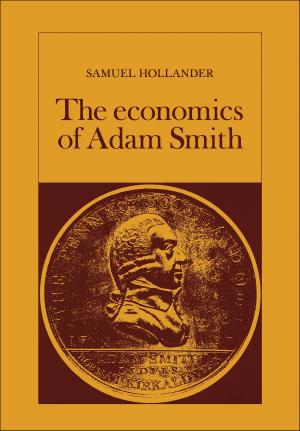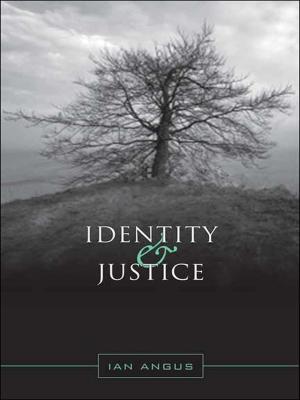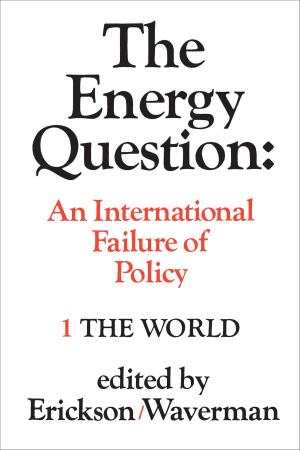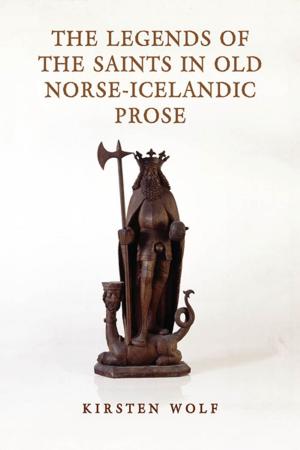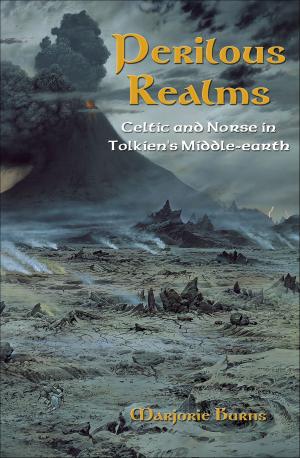French Existentialism
A Christian Critique
Nonfiction, Religion & Spirituality, Philosophy, Existentialism, Religious| Author: | Frederick Kingston | ISBN: | 9781487590864 |
| Publisher: | University of Toronto Press, Scholarly Publishing Division | Publication: | December 15, 1961 |
| Imprint: | Language: | English |
| Author: | Frederick Kingston |
| ISBN: | 9781487590864 |
| Publisher: | University of Toronto Press, Scholarly Publishing Division |
| Publication: | December 15, 1961 |
| Imprint: | |
| Language: | English |
In this study the author makes a comparison between the two main types of existentialism: the Christian and the non-Christian. The comparison is made on four levels: first, the common situation; second, the possibility and means of communication; third, the chosen methods of philosophy; and fourth, the attitude and interpretations in relation to similar subjects. Although the French existentialists have been greatly influenced by Kierkegaard and by contemporary existentialist thought in Germany, Switzerland, Italy, Spain, and the United States, the study is limited to the existentialism of contemporary French writers. France in the last fifty years has experienced some of the most crucial events of her history and this common setting for both Christian and non-Christian man turns to Christianity and another militant atheism. It is particularly in France that the split is most clearly made between these two varieties of existentialist thought.
Dr. Kingston handles the issues in a fair and honest way, neither concealing his own position nor dealing unfairly with those of whom he is most critical. The intelligent English reader, lay or academic, will find this an excellent introduction to a whole area of modern French life and thought with which he is unlikely to be well acquainted.
In this study the author makes a comparison between the two main types of existentialism: the Christian and the non-Christian. The comparison is made on four levels: first, the common situation; second, the possibility and means of communication; third, the chosen methods of philosophy; and fourth, the attitude and interpretations in relation to similar subjects. Although the French existentialists have been greatly influenced by Kierkegaard and by contemporary existentialist thought in Germany, Switzerland, Italy, Spain, and the United States, the study is limited to the existentialism of contemporary French writers. France in the last fifty years has experienced some of the most crucial events of her history and this common setting for both Christian and non-Christian man turns to Christianity and another militant atheism. It is particularly in France that the split is most clearly made between these two varieties of existentialist thought.
Dr. Kingston handles the issues in a fair and honest way, neither concealing his own position nor dealing unfairly with those of whom he is most critical. The intelligent English reader, lay or academic, will find this an excellent introduction to a whole area of modern French life and thought with which he is unlikely to be well acquainted.


